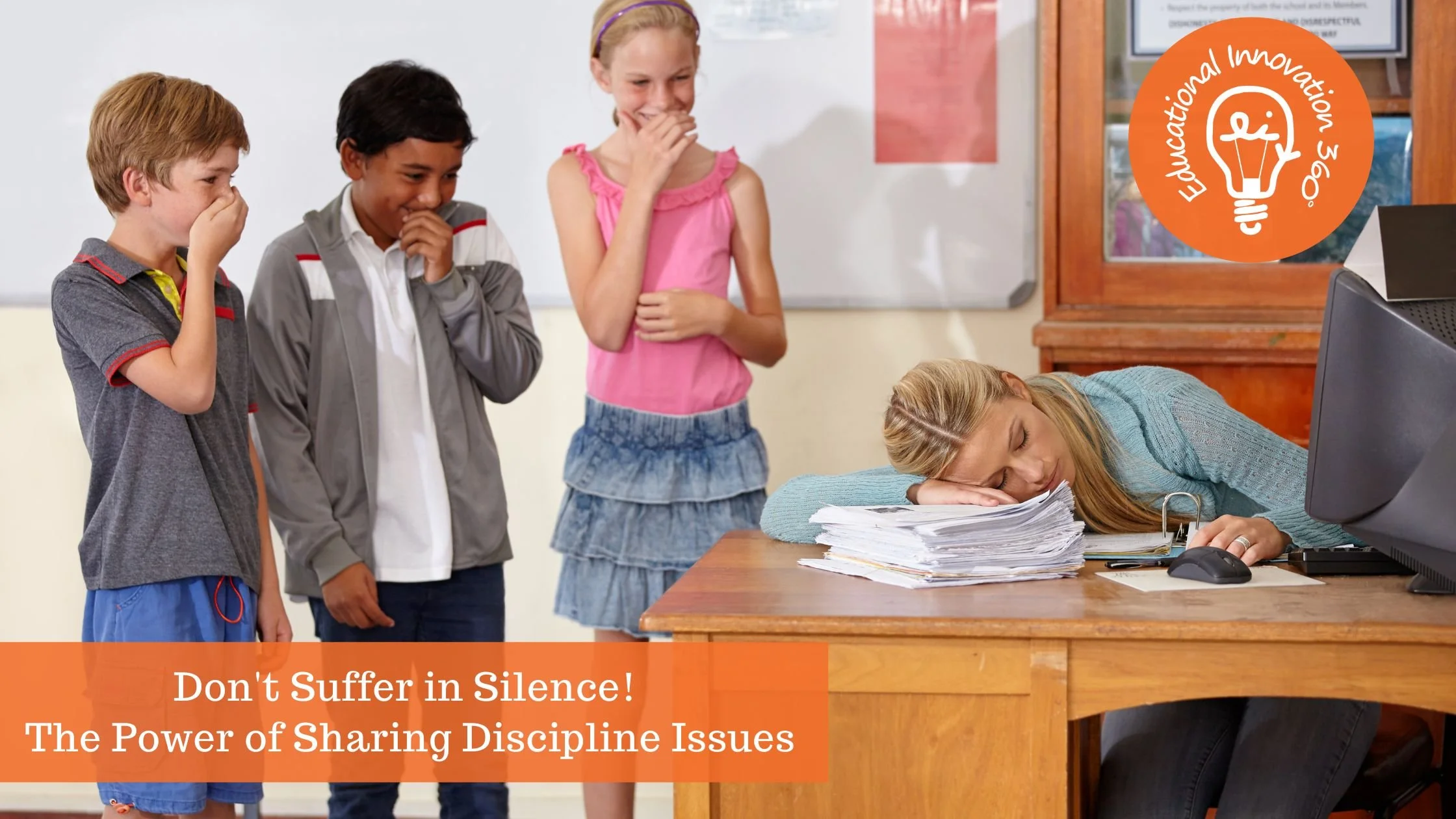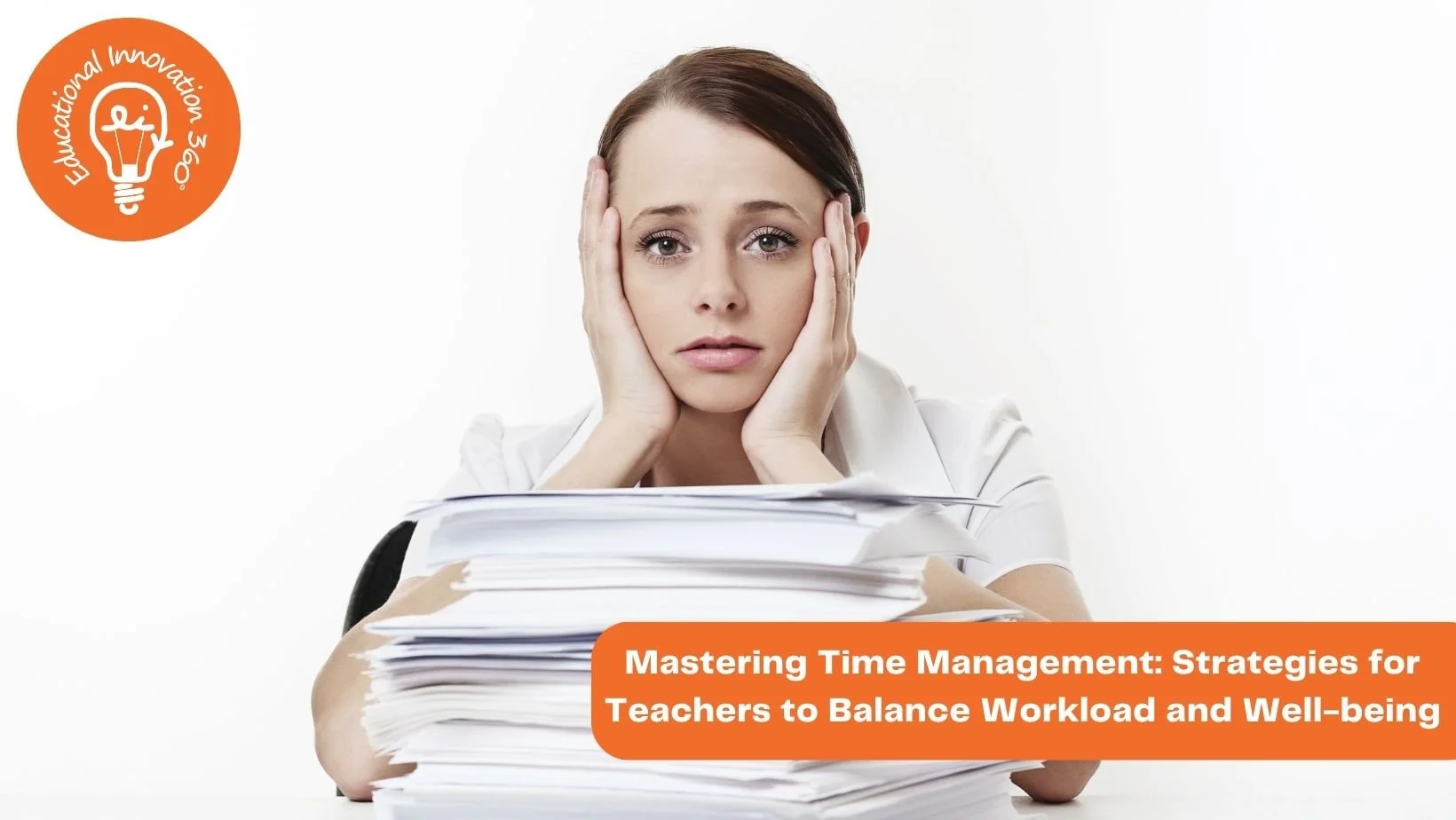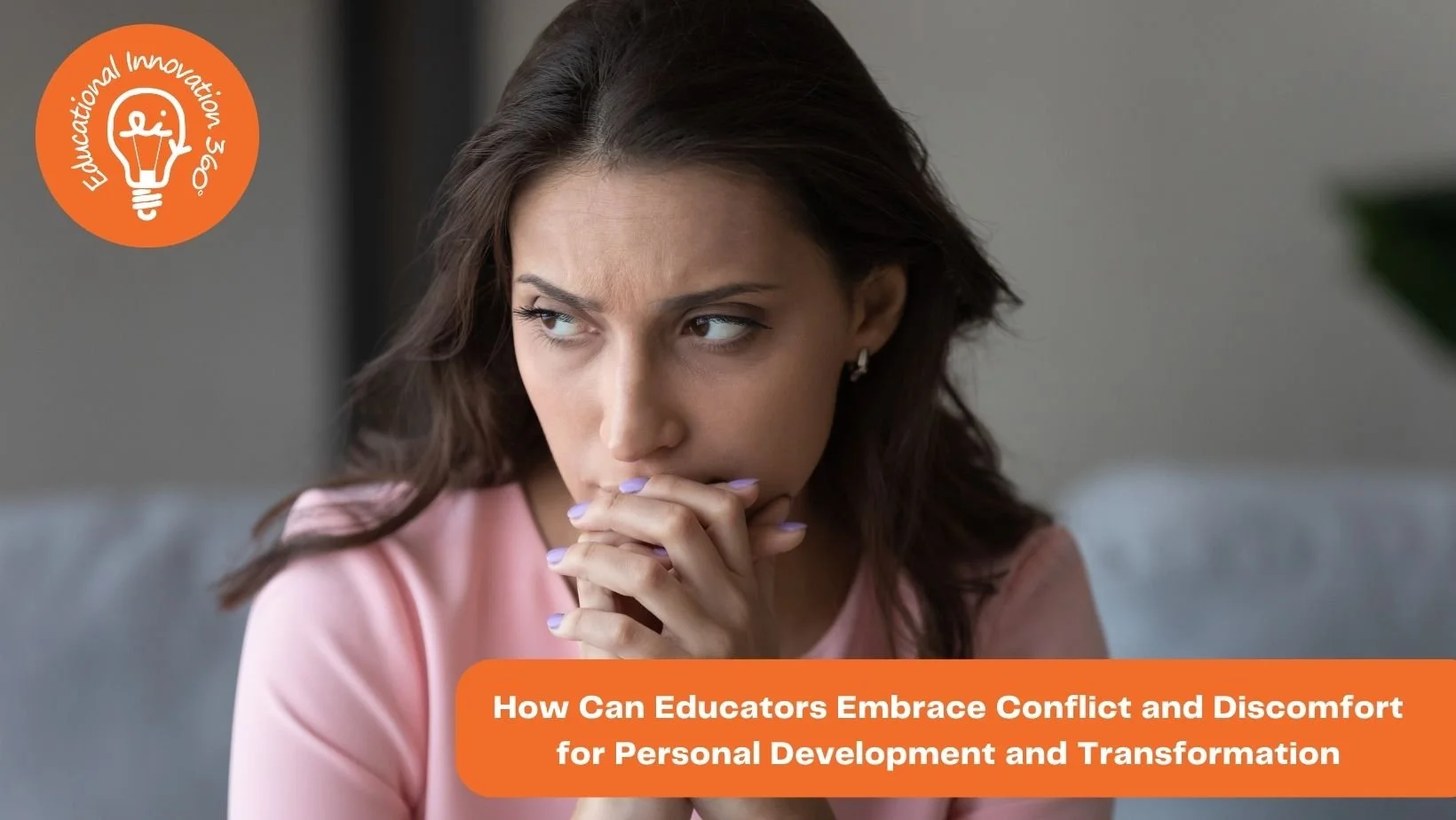How teachers are integrating artificial intelligence into classrooms in 2025 with a focus on ethics, personalized learning, and student engagement. This piece highlights current trends, top AI tools like MagicSchool.ai and Brisk Teaching, and teacher perspectives on balancing innovation with privacy, equity, and human agency.
Read MoreEmpowering students to take ownership of their learning involves a balanced approach—combining metacognitive strategies like reflection and error analysis with structured autonomy through student choice and responsibility. So what are you doing to empower students?
Read MoreBy recognizing and addressing the impact of shocks, principals can foster a culture where educators feel valued and committed, ultimately benefiting both teachers and students. Join us in exploring strategies to build resilience within your school.
Read MoreDiscover what motivates teachers to stay or leave their jobs. This study of 425 Wisconsin teachers reveals key factors influencing teacher retention, including job satisfaction, school leadership, and relationships with students and colleagues.
Read MoreAre you struggling to retain your best teachers? This blog post explores the top three factors that contribute to teacher satisfaction and retention. Discover how to create a supportive school culture, provide strong leadership, and foster intrinsic motivation among your teaching staff. By implementing these strategies, you can create a more positive and fulfilling work environment that will help you keep your teachers engaged and committed to your school.
Read MoreAre you tired of seeing your best teachers leave for other schools? Consider the powerful impact of salary and benefits on teacher retention and work to advocate for both!
Read MoreAre you curious about what's really going on in the minds of your teenage students? Discover how to foster a more supportive and understanding classroom environment by understanding the underlying motivations and challenges that drive teenage behavior.
Read MoreHey school leaders, If innovation can address challenges like unequal resources and prepare students for the future then why haven’t we fully transformed our schools? Here is how to measure the success of new ideas and the importance of skills like creativity and problem-solving.
Read MoreTeacher discipline struggles are real! What can you do for classroom peace? Learn how to team up with colleagues and ditch the stress for a positive learning environment that rocks!
Read MoreSchools striving to be leaders in Diversity, Equity, and Inclusion (DEI) are on the right track. Fostering a diverse and inclusive environment demonstrably improves academic achievement, student engagement, and cultural understanding. In such a community, every student feels valued and supported, reaching their full potential.
Read MoreFeeling overwhelmed by your first year of teaching? Don't worry, we've all been there! Get ready to embrace the unexpected classroom curveballs life throws your way!
Read MoreDiscover how schools are revolutionizing how social-emotional learning (SEL) is integrated into the curriculum, transcending traditional teaching methods. Identify how the Needham School District, reveals how simple adjustments in daily routines and classroom interactions can profoundly impact students' emotional and social development.
Read MoreUnlocking true potential goes beyond IQ. Discover two evidence-based approaches to cultivate emotional intelligence in your classroom, empowering students to thrive academically and emotionally. Dive into the science and practical tools to unlock the secret weapon for success!
Read MoreEducational Innovation 360's top articles provide insights for educators on crucial educational aspects. It covers inclusive education strategies, support for low-SES students, challenges in middle school, factors influencing teacher success, and questions to consider before teaching.
Read MoreDiscover the transformative power of time management in the teaching profession! Dive into our latest blog where we unveil innovative strategies and tech tools that are revolutionizing how educators balance their workload and personal life.
Read MoreFamily engagement is key to student success, and two-way learning is a powerful way to partner with families to boost literacy. Learn about the benefits of family engagement and identify potential barriers to sustaining a successful program.
Read MoreDiscover how students perceive family involvement, tackle language barriers, and embrace inclusive education practices in this informative journey towards brighter educational futures.
Read MoreHow do new teachers navigate the transition from structured college classrooms to the diverse and often chaotic real-world teaching environments? As they step into contemporary classrooms, they're met with unfamiliar teaching styles, unexpected challenges, and the need for effective observation and adaptation. With various learning styles and teaching methods at play, how can educators ensure they're embracing the best strategies for genuine student engagement and growth?
Read MoreHow do new teachers navigate a variety of conflicts and tensions in the classroom, and what strategies do they employ to cope? Here are the complexities of the current teaching environment, from curriculum discrepancies to interpersonal dynamics, and questions about the support systems in place for educators to be successful.
Read MoreExploring the alarming prevalence of teacher burnout, this blog delves into its underlying causes, signs, and impact on both veteran and new educators. It offers actionable strategies and insights for schools to foster a supportive environment, emphasizing mentorship, professional responsibility, and work-life balance
Read More




















